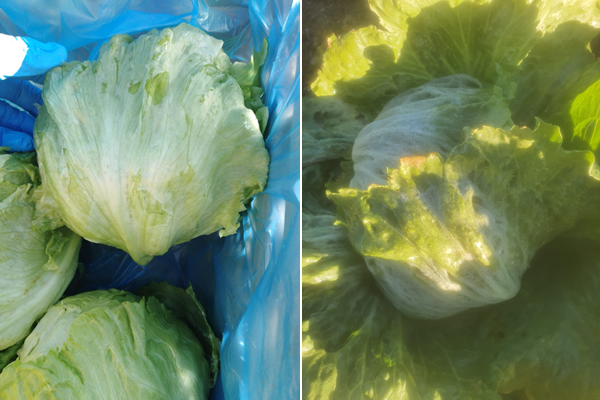Sustainable farming and fresh, zero-carbon food are the philosophy behind the city’s first urban hydroponic farm, located inside an industrial building campus.
A graduate of Molecular Biology from the University of Glasgow, Akhila ran her own environmental consultancy for over 10 years before turning an urban farmer. “I worked with a lot of companies, from pharmaceuticals to FMCG, and learnt that supply of quality end-product is a difficult task. Agriculture has always been one of my passions; I was interested in food crops. A herb can be used in cooking, to extract oil, extract nutrients in dry form, and maybe in alternative medicine, perfumery… the possibilities are exciting,” adds Akhila.
She researched hydroponic methodology and educated herself on farming before diving into it. “Anyone can do it, it is not rocket science,” she says.
“Hydroponics combines both sustainability and technology. In indoor hydroponic cultivation, the control on nutrient supply ensures more quality produce, for example improved oil content in herbs, as well as better crop yield. A hydroponic mint has more methanol content than a soil-grown one. The system also uses 80% less water than conventional agriculture. The water is upcycled for reuse.”
“Our fresh lemon balm leaves impart a subtle flavour and fragrance, making it especially nice for custards, jam and jellies, cakes and tea,” says Akhila Vijayaraghavan, owner of the farm. “The purple basil is used for colour in salads. Except maybe amaranthus and palak (spinach), you can eat all the greens we grow here raw,” says Akhila pointing to varieties of lettuce, basil, bok choy, and kale”.
Read the complete article at www.thehindu.com.












